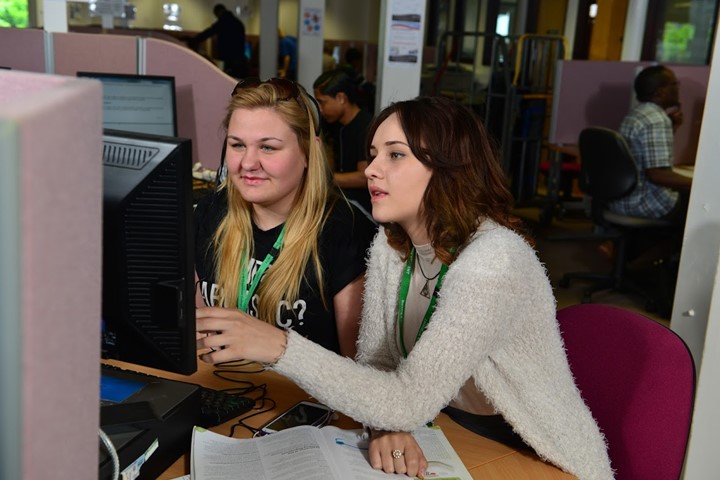Are you grading too much? Why grading degrades learning
How would you feel if every other day your boss said ‘your teaching isn’t as good as everybody else’s?’ asks Geoff Petty, the author of ‘Teaching Today’, ‘Evidenced Based Teaching’ and ‘How To Teach Even Better'.
Most people reckon that grades motivate, creating healthy competition and something to aim for. But one of the surprises from educational research is that grading has a negative effect on at least half of students. The students most at risk are those in the top and bottom quarters. Why is this? Weaker students get a string of poor grades and their interest and motivation is reduced. So they work less hard, produce even poorer work and a vicious cycle results.
More confident students, meanwhile, get a string of good grades and become complacent. They don’t bother to read your helpful comments, as they don’t see a need to improve. They may even reduce their effort feeling that merit is good enough. Psychology has established some subtle responses to grading. It tends to make students nervous and vulnerable, so they play safe and recoil from risks – the opposite of what we want, as students learn most by taking risks outside their comfort zone.
Grading tends to make students adopt quick fixes, like copying or learning without understanding. It makes mistakes seem shameful, rather than opportunities to learn. It teaches some students they ‘can’t do it’. Ironically, even if less confident students overcome these tendencies and improve greatly, their classmates have improved as much. So they are still at the bottom of the pile. Grades tend not to recognise improvement over time, so they make ability seem fixed rather than due to effort to learn. Minimum target grades may be an exception, though, if the emphasis is on beating your personal best, not everybody else’s.
Alternative feedback
The alternative to grading of course is to give students informative feedback. I call this ‘medal and mission’ feedback. In order to learn at the maximum rate students need to know what they have done well (a medal) and what they need to improve (a mission). If learning is like rolling a rock up a slope, students need to know how far they have rolled their rock, and where to roll next.
Students also need to know which way is up – the goals for the task. The most powerful way to do this is to give students clear goals, assessment criteria, success criteria, and to show them what good work looks like. And don’t forget that students must act on the feedback. It helps to ask them to put targets from their last piece of work on the top of their next. For more on this, see ‘Learning loops’ in my books 'Teaching Today' or 'Evidence-based Teaching'.
How often should we grade?
Of course, we do need to grade work sometimes, as students need to know how well they’re doing. But how often? Once a term? Twice a term? I have spoken about this at various conferences for decades. A few years ago somebody approached me and said he had introduced medal and mission feedback on an underperforming A-level philosophy course. He gave no grades at all, just comments. He found the less confident students strived much more, and confident students were more stretched.
After two years he was struggling to find missions for his top students, their work was so good, so he got them reading undergraduate textbooks. He was pleased and confident when they took their final exam. But his confidence turned to mush months later when he found a letter on his desk from the examining board and a ‘see me’ from the head of department. He opened it with trepidation – what had he done wrong?
It was an invitation to an awards ceremony – two of his students were in the top five for the whole country. We are no different to our students in this respect. How would you feel if your boss tapped you on the shoulder and said: “Your teaching isn’t as good as everybody else’s, you know.” And how long would you remain motivated if he or she did this every other day? Yet we effectively do the same when we grade our students.
But be careful: comparative comments like ‘excellent work’ or ‘rather weak’ have the same negative effect as grades. Students need to know how to improve, not how they compare. I think we need to be much more cautious about grading. What really helps students is information about what they’ve done well, information about what they need to work on, and a clear understanding of the goals, the success criteria, and the nature of excellent work.
Finally, let’s not forget that we teachers and trainers are graded too. Do our lesson observation grades make us complacent or despairing? Do graded observations lead us to adopt sham strategies that we don’t believe in? Even though we’re grown-ups? I will look at this in more detail in my next piece.
Peer assessment
Medal and mission feedback – and clarity about goals – can be achieved without the teacher being involved. For example, students can peer assess or self-assess.



